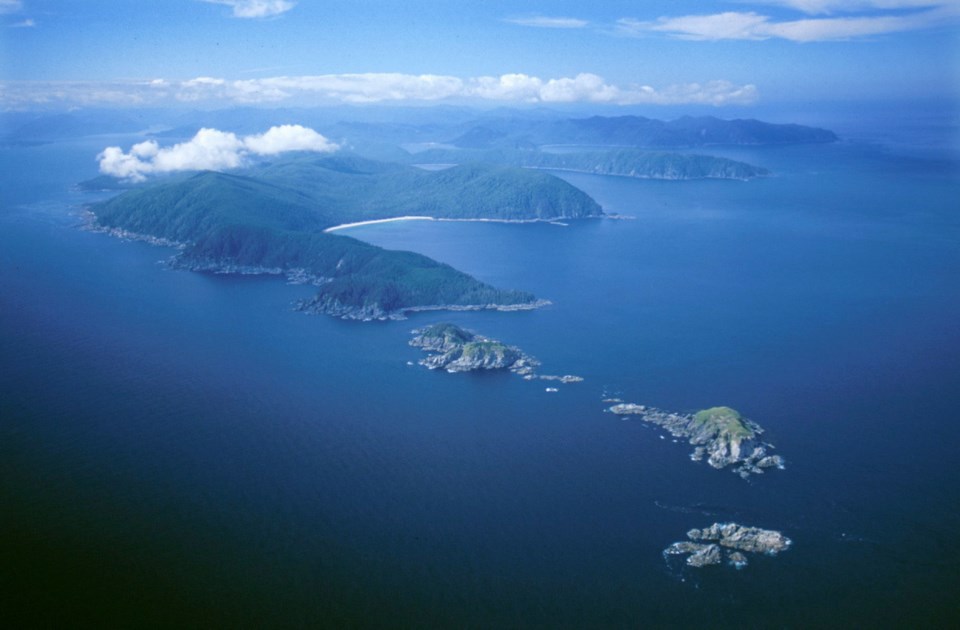The provincial government and 18 First Nations have agreed to plans for protecting and managing more than 100,000 square kilometres of B.C.’s coast, from northern Vancouver Island to Alaska.
The deal covers issues that fall under provincial jurisdiction, but ignores key federal responsibilities such as fisheries and marine transportation, including tanker traffic.
“We saw this as an incremental step — an important step,” said Steve Thomson, B.C.’s minister of Forests, Lands and Natural Resource Operations. “We’ll look at this as the foundation to build further.”
Thomson said the plans will guide decisions on provincial issues such as marine conservation, seafood development projects such as processing and distribution, or the marine tenures for docks and ports.
“It sets out a vision,” he said. “The hard work now is for our teams to help build the implementation plans.”
The Marine Planning Partnership or MAPP covers a vast territory of north Pacific coast divided into four sub-regions: Haida Gwaii, North Coast, Central Coast and North Vancouver Island.
Peter Lantin, president of the Haida Nation, predicted the agreement will “change the way we all do business” along the coast.
“Today, in Haida Gwaii, we are facing many challenges to the ocean, including increasing tanker traffic, climate change, coast development and unprecedented changes to the productivity of fisheries such as salmon and herring,” he said. “But this plan is a start.”
Lantin said the Haida Gwaii plan designates about 20 per cent of the territory as marine protected areas. “There’s no exploitation of how you use those marine areas. For us, that’s what today is about.”
The agreement also supports sustainable tourism, shellfish aquaculture and other development, he said. “From a Haida perspective, you have to have the conservation piece in place first before you do the economics.” The challenge now will be to get agreements with the federal government on fisheries and shipping, said Doug Neasloss of the Central Coast Indigenous Resource Alliance. “Without addressing these issues with the federal government, the future health of our marine territories remains uncertain,” he said.
NDP aboriginal relations critic Scott Fraser described the agreements as “good news” for First Nations and B.C.
“I’m pleased the province is working co-operatively with First Nations on this,” he said. “It is unfortunate that the federal government seems to be absent on this file, as they have a key role in both navigation and marine protection when it comes to fisheries issues.”


